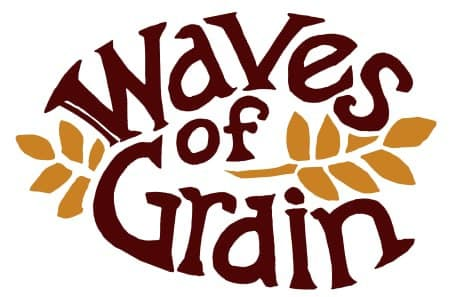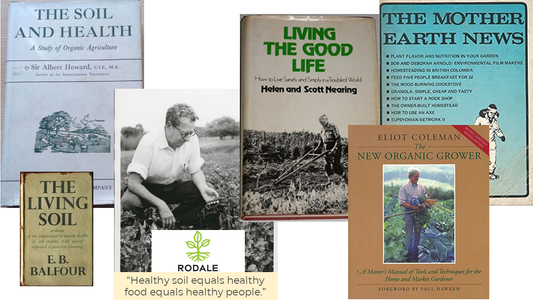By Red Clifford, WOG
In the 20th century, a grassroots movement emerged in Western Europe and North America, advocating for a new vision of agriculture - one that was rooted in small-scale, community-driven food production, ecological responsibility, and local control. By the 1970s, it was called the organic food movement and it offered an alternative to the industrialized food system dominated by corporate agro-food giants.
The organic food movement rooted itself in promoting the idea of farm-to-table distribution, and fostering meaningful interactions between producers and consumers. It sought to break free from the grip of agro-food corporations that produced and controlled food from thousands of miles away, favoring a more localized approach where people could directly interact with those growing their food.
This vision was encapsulated in the term "food democracy," which emphasized the importance of organizing the food system on a scale that met democratic needs and prioritized resource sustainability.
In those early years, the movement's pioneers like Elliot Coleman envisioned a world where communities would have greater control over their food supply, supporting local growers and co-operatives that operated at a manageable scale. The organic label was not just about farming practices; it was a philosophy guiding the entire food production and distribution process. The goal was to create a food system that respected both ecological harmony and human dignity.
However, as the demand for organic food grew, the movement faced a challenge - the corporatization of organics. In the pursuit of market share and profit, many large-scale food processing corporations entered the organic industry, acquiring existing organic food companies and creating their own organic brands. The United States Department of Agriculture (USDA) also played a role, developing national standards for organic crop production in the 1990s, which further institutionalized and regulated the organic label.
This shift to a more corporate-oriented model caused the organic label to lose some of its original meaning. Organic certification became more about regulating agricultural inputs, rather than upholding the core values of the organic food movement. As a result, organic products started to resemble their conventional counterparts, originating from industrial farms and traveling long distances to reach consumers.
The rise of corporate organics led to a decline in the price premium for organic products, making it difficult for small-scale farmers and suppliers to compete in the market. Many of the original organic farming ventures, which once sought to empower smaller operators and communities, found themselves increasingly marginalized in the face of corporate dominance.
The clash between corporate organics and local food systems highlights the need for transparency and political engagement in the food system. The corporate marketing of organics emphasized the illusion of locality and humanized producers while concealing the social relations behind production and distribution.
By reclaiming the values of the organic food movement and supporting local, community-driven initiatives, we can build a future where food is more than just a commodity - it becomes a force for positive change, nourishing all of nature, including humans.
Want to read the full text? This article is a summary/ rooted in the following peer-reviewed article:
Johnston, J., Biro, A., & MacKendrick, N. (2009). Lost in the supermarket: The corporate-organic foodscape and the struggle for Food Democracy. Antipode, 41(3), 509–532. https://doi.org/10.1111/j.1467-8330.2009.00685.x




